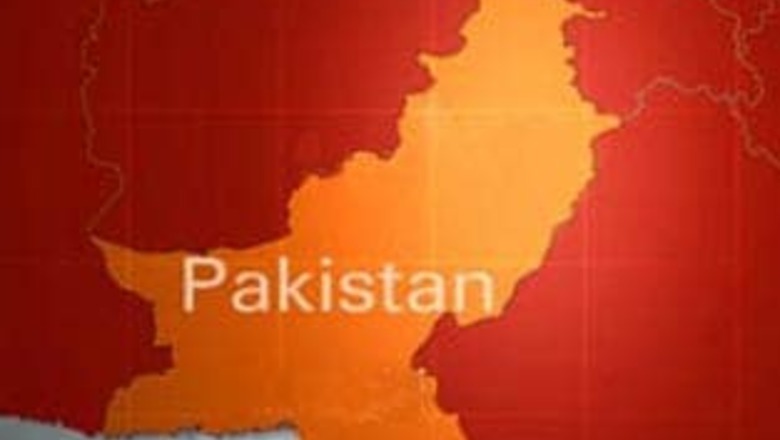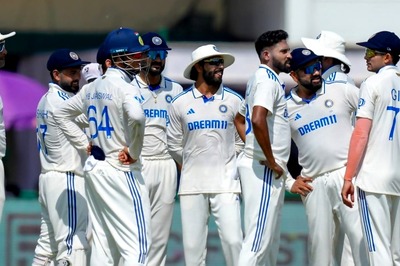
views
London: Pakistan is likely to become a more Islamist state and increasingly anti-American in the coming years, complicating US efforts to win its support against Islamist militants, a report released on Tuesday said.
The report, which looks at Pakistan over a one-to-three year time horizon, rules out the possibility of a Taliban takeover or of it becoming the world's first nuclear-armed failed state.
"Rather than an Islamist takeover, you should look at a subtle power shift from a secular pro-Western society to an Islamist anti-American one," said Jonathan Paris, who produced the report for the Legatum Institute, a London-based think tank.
Paris forecasts that Pakistan is most likely to "muddle through", with its army continuing to play a powerful role behind the scenes in setting foreign and security policy.
"Speculation of a Taliban takeover dramatically overestimates the willingness of the political and military elites to surrender power to the Taliban," says the report, the result of months of research on the outlook for Pakistan.
Paris, who also works for the Atlantic Council of the United States, nonetheless sees Pakistan slipping away from the West at a time when Washington needs its support in Afghanistan.
"US and UK leverage over Pakistan is not growing. It is decreasing. Pakistani society is moving toward anti-Americanism and toward more Sharia law," he says.
The rising influence of Islamist political parties and of militant groups in its Punjab province will slowly transform Pakistan by exploiting local grievances, including over the economy and the slow and often corrupt legal system.
"The danger for the army, and for Pakistan generally, is not Talibanization but Illumination from Punjab-based militants and their allies," the report says.
FRAGMENTATION OF MILITANT GROUPS
Islamist political parties -- which thrive on anti-American rhetoric -- would not become dominant, but would raise pressure on the government to reject public cooperation with Washington and make it harder to crack down on Islamist militant groups.
"The religious parties have generally been opposed to any police or military action taken against any group which is nominally religious..." the report says.
Such a shift would have implications for relations with India, which wants Pakistan to dismantle militant groups like the Lashkar-e-Toiba, blamed for the attack on Mumbai in 2008.
Paris, whose research background was originally in the Middle East, also said he saw a risk of militant organisations fragmenting into smaller and sometimes more extreme splinter groups -- a pattern already seen among Palestinian groups.
This would make them harder to control and raise the risk of militants launching attacks not ordered by their leaders.
At the same time, Islamist organizations were expanding operations in welfare and education, making it politically difficult for the state to close them down.
But the report dismisses fears any Afghan Taliban success would encourage the Pakistani Taliban to "march on Islamabad".
It says the Afghan Taliban may be neither defeated nor victorious, "and that what may emerge is a de facto partition of Afghanistan with a nominal central government in Kabul."
The Afghan Taliban would then be tied up fighting non-Pashtun rivals in a revived Northern Alliance, leaving Pakistan alone. "Falling South Asian dominoes may be a chimera."
In this scenario, Pakistan would probably try to return to its earlier strategy of containing and even accepting the presence of the Pakistani Taliban in its tribal areas, resorting to force only if suicide bombings in its major cities continued.


















Comments
0 comment